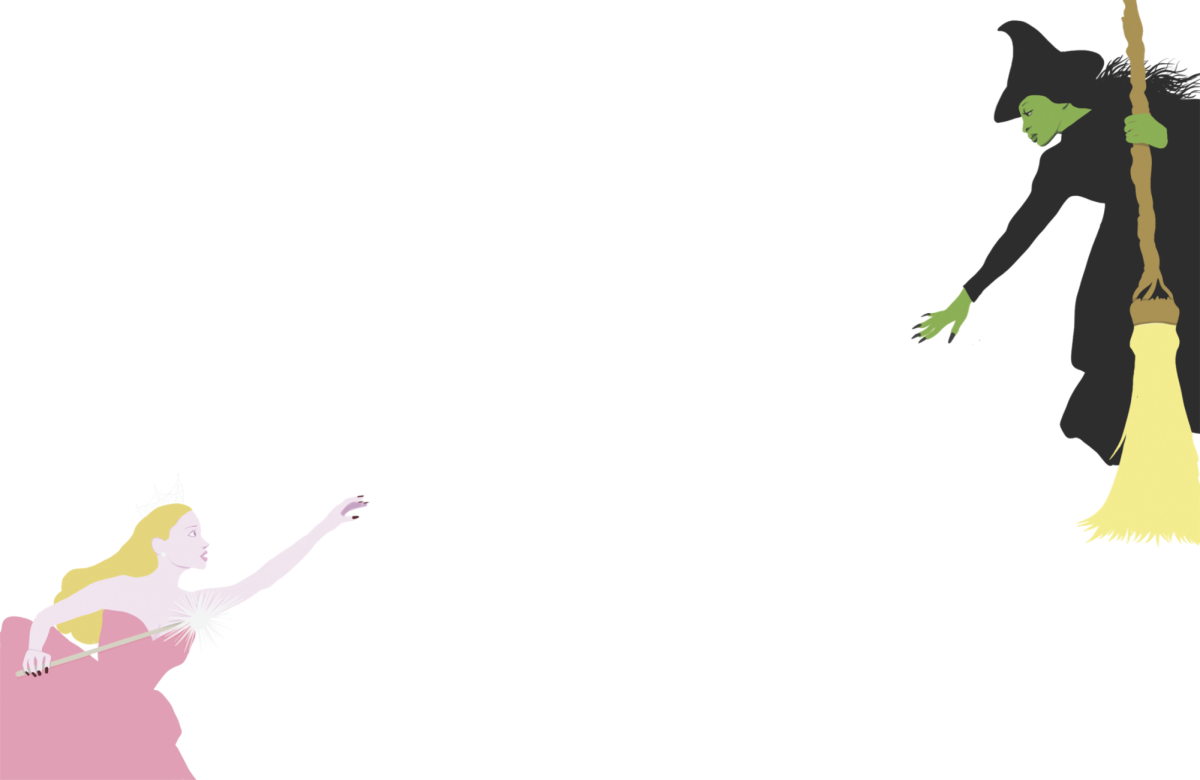A week in History: October 30th: Orson Welles’ broadcast of “War of the Worlds” Scares Nation
January 7, 2019
The year is 1938, and radio is in its prime. Before the invention of the television, there was no better way to get the news, advertise a product, or entertain yourself in the comfort of your home than with this innovative new medium. Of course, in the case of entertainment, there’s one particular instance of broadcasters taking this power a little too far. Orson Welles’ timeless science fiction novel The War of the Worlds had remained a beloved book since its publication in 1897, and, having found a mean of entertainment already familiar to and enjoyed by audiences worldwide, the Mercury Theater company decided it was time to bring the 19th-century classic to the platform. The broadcast, aired on October 30th, 1938, was a huge success. In fact, it may have been done too well, as it managed to trick thousands of listeners, and by some estimates up to a million, into believing that Earth was actually under attack by an alien race. Because Welles used advanced sound effects to increase the believability of the story he was telling–– and because many residents didn’t catch the announcement that the play was fake––numerous reports were written describing mass exodus from cities and widespread panic across the country over this supposed “alien invasion.” The situation reached a point at which Welles had to interrupt the broadcast to emphasize the fictitious nature of the play. Authorities later investigated to determine whether or not the company and Welles had broken any laws, and as they hadn’t, both got away with a metaphorical slap on the wrist. However, the incident showed broadcasters just how much public influence their service had over the American people. This story remains relevant to today in many ways, as it serves as an example of why we should never act on a situation before knowing all relevant facts. Premature action based on sensationalized reporting is clearly a recipe for disaster.


































